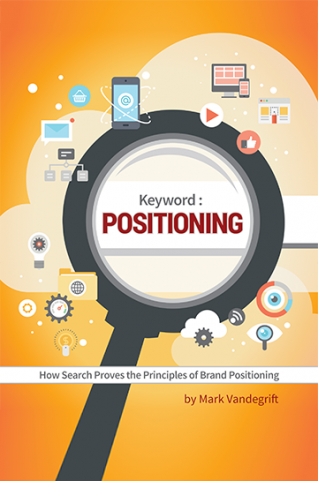
'Content marketing' lifts brands, engages customers
Bed Bath & Beyond, IBM, Goldman Sachs, Taco Bell, GoPro and Twitter all have at least two things in common. Each understands the need to win online, and each has an award-winning content marketing strategy.
Content marketing has moved to the front of the pack and has become a core marketing tactic designed to generate leads, creating an inbound sales machine.
“Content” can take many forms – from informational and entertaining articles, podcasts, webinars, live events, infographics, eBooks, white papers, surveys, recipes, giveaways, guides, reviews, tips and blogs to photos, graphics and videos.
“How-to” content can be especially effective, as it engages by telling people what they want to know. Engagement with prospects is key. Delivering relevant and consistent content provides value to a business’ or brand’s prospects and customers.
The ultimate goal of marketing is, most often, to drive sales. The customer journey begins by building awareness and interaction with the brand. A well-executed content marketing strategy lays down breadcrumbs leading to the call-to-action and, ultimately, the sale.
Marketers divide their prospects into persona(s). Some marketers have one well-defined prospect group and therefore one persona. Others have a few prospect targets or personas. Taking the time to understand each of your personas will result in the development of more meaningful and relevant content.
Bed Bath & Beyond has a series of short product review videos featuring furry friends from the animal kingdom. In a recent feature, Thumper the Bunny reviews five juicers in less than 40 seconds, showing viewers which juicer he prefers.
What does a rabbit have to do with converting sales in a home goods retail space? Nothing. But who doesn’t love a bunny? The videos are entertaining and informational. If you’re in the market for a new juicer, the short video provides emotional impact and raises awareness of the product line at Bed Bath & Beyond.
Informational and entertaining content work well together.
When developing your content, highlight what differentiates your product or service from your competition. Your brand’s differentiating idea is your brand’s position. This position will help you to win against your competition. The more different the position, the better.
In addition to being different, the position must also be meaningful and relevant to your customers. The more meaningful, the better. This is the foundation for all marketing communications.
The secret sauce to content marketing is that every blog post, podcast or video will improve your company’s or brand’s organic (non-paid) search engine results. This is known as search engine optimization, or more simply today as SEO.
Instead of only ranking for the existing pages on your website, every piece of content is an additional opportunity to get indexed and found through search.
Content marketing across multiple platforms is a cost-effective means of getting your brand in front of new prospects. Starbucks, Disney, Bank of America, REI and many other brands have their own Twitter accounts, but also are active on Facebook, YouTube and other social media platforms where they can communicate their messages.
A lack of consistent content is a pitfall for many content marketers. Consistent doesn’t necessarily mean daily. It might mean monthly or even quarterly.
If Goldman Sachs released a new market report every day, we might not find it as well-researched or credible as its quarterly market analysis. Each brand must find the right frequency for delivering its content.
When executed properly, content marketing delivers big benefits.
Content marketing can keep customers warm until they’re ready to buy. They stay because they’re engaged and entertained by your content. You are building a relationship with your prospects and customers.
You might not eat at Taco Bell for weeks, or even months, but you might still enjoy its post about the 19 best Taco Bell-inspired Halloween costumes. So when you are hungry for a taco, guess what brand comes to mind?
Some see content marketing as free. It is not. It takes time and money to craft a plan, develop and place the content, and continually optimize.
Most content is boosted, which means paying the platforms to reach more prospects with your content. Ads also can be developed and placed on the platforms to promote your content.
Google and Facebook are the two largest advertising media in the world by charging advertisers to do things like boost and run ads promoting advertisers’ content.
Building traffic with your content is the key metric. Without traffic, nothing happens.
Then you need to know whether the traffic is converting to leads. Finally, are those leads converting to sales? Just about everything online can be tracked, including each of these metrics. This allows for making adjustments resulting with continuous optimization.
By targeting the right audience with the right message, the number of your followers will grow. Content marketing often spreads by sharing.
One share from Facebook can get your brand in front of a network of new prospects on other social media platforms such as Instagram, LinkedIn, Twitter and Pinterest.
Looking to build awareness or lift your brand? Content increases brand awareness, traffic and leads, resulting in more conversions or sales.
For all the right reasons, content marketing is playing an increasing role in companies’ integrated marketing communications programs.


